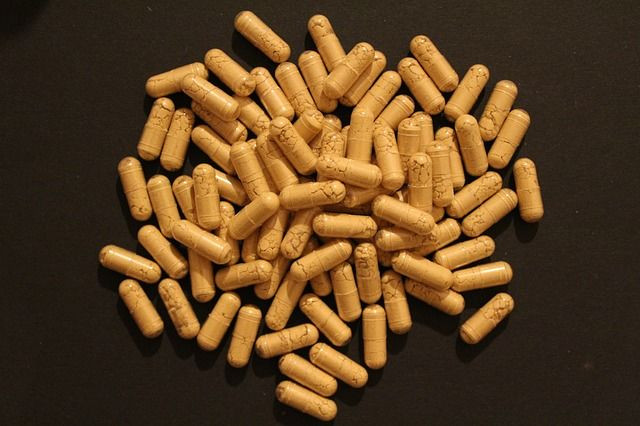Herbal And Dietary Supplements Bring Risk Of Drug-Related Liver Injuries

Your next trip to your local herbal supplement store may be more hazardous than you think, suggests new research published Wednesday in Hepatology.
Researchers reviewed data from the Drug Induced Liver Injury Network (DILIN), a far-spanning database first set up by the National Institute of Diabetes and Digestive and Kidney Diseases in 2003. While the DILIN tracks severe liver injuries caused by any sort of drug reported to a hospital, the researchers specifically focused on those caused by herbal and dietary supplements. They found that 20 percent of liver toxicity cases are currently caused by these products, most commonly by what they called multi-ingredient nutritional supplements. Anabolic steroids and green tea extract were also common sources of liver toxicity, they found.
"Considerable efforts are needed to identify potentially injurious ingredients of [herbal and dietary supplements] and to prohibit or more closely regulate them," said lead author Dr. Victor Navarro, a hepatologist at the Einstein Medical Center in Pennsylvania, in a statement.
Supplement-related liver injuries have steadily become more common alongside their growing popularity, other research has shown, An earlier analysis by DILIN researchers found that the injury rate had more than doubled since the early 2000’s.
The researchers also documented how specific supplements hurt the liver. Steroids caused a short-term liver injury that hampered the organ’s ability to produce bile, while green tea extract and other products more often caused acute liver inflammation (hepatitis). Multi-ingredient nutritional supplements, however, were much more unpredictable, largely because they had so many unknown ingredients. Other research has shown that many supplements often don’t accurately label their ingredients or how much can be found in each pill. Popular weight loss supplements like Herbalife ® and Hydroxycut have been linked to liver injuries in the past.
Without tighter regulation of the supplement industry, Navarro and his colleagues fear that both patients and doctors will be left in the dark when a case of supplement-related liver toxicity comes their way — doctors in particular may misidentify cases, leading to delays in treatment and possibly even death.
“The ultimate goal should be to prohibit or more closely regulate potentially injurious ingredients and thus promote public safety,” they concluded.
It’s estimated that drug-related liver toxicity is responsible for 10 percent of all acute hepatitis cases annually and it’s the leading cause of acute liver failure in the United States.
The review was initially spurred by a 2-day research symposium jointly sponsored by the American Association for the Study of Liver Disease and the National Institutes of Health.
Source: Navarro V, Khan I, Björnsson E, et al. Liver Injury from Herbal and Dietary Supplements. Hepatology . 2016.



























